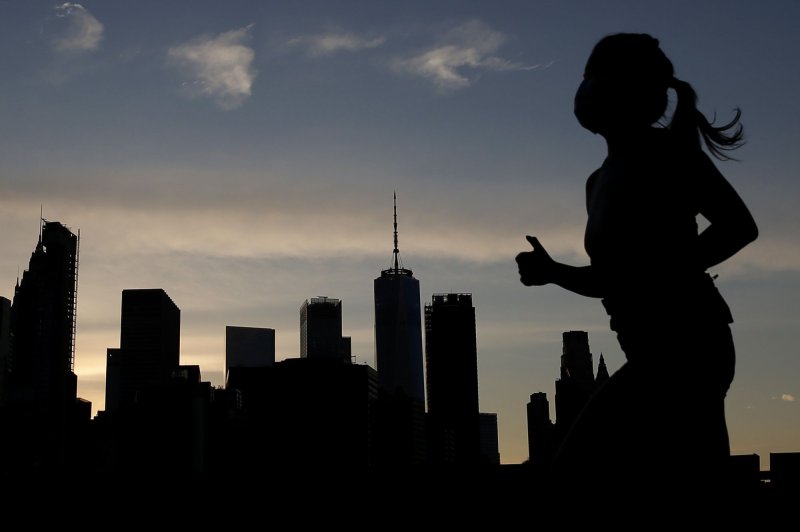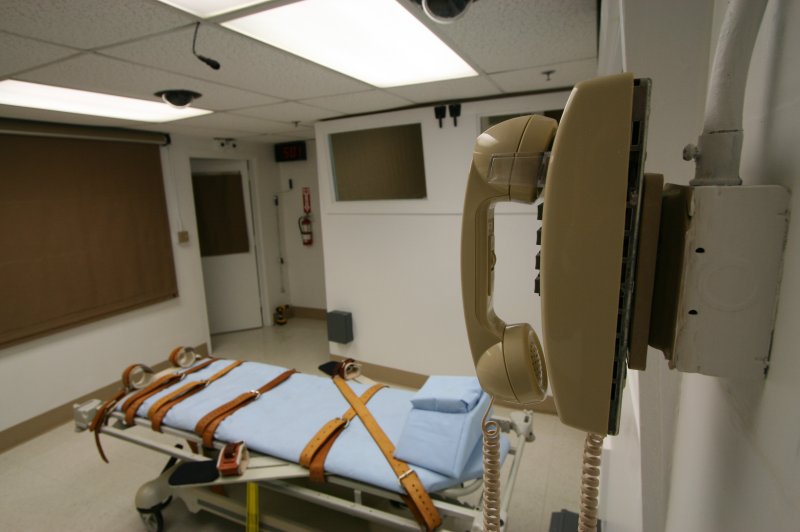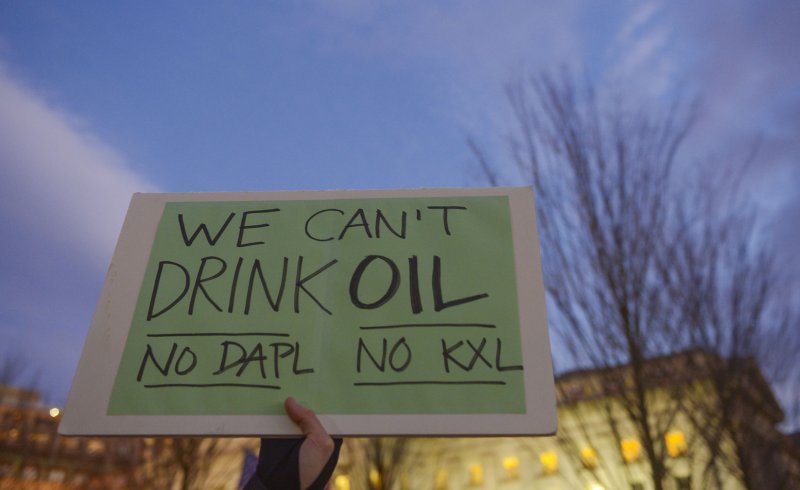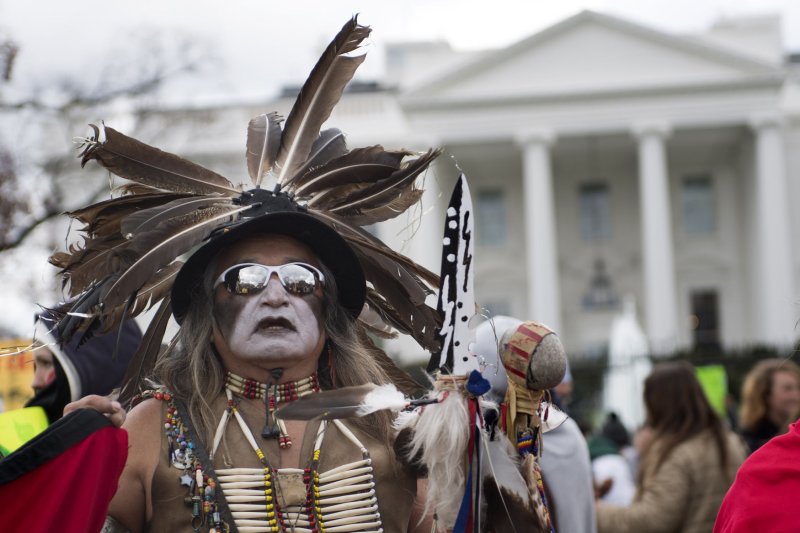by Amy S. Rosenberg, Posted: July 8, 2020

TOM GRALISH / STAFF PHOTOGRAPHER
Amy Kennedy, a South Jersey school teacher who married into a storied American political family, toppled the region’s most powerful political machine Tuesday to claim an unlikely victory in the Democratic primary for New Jersey’s 2nd Congressional District.
Kennedy, the wife of former U.S. Rep. Patrick Kennedy, will now bring the Democratic bona fides of her own family — her father was an Atlantic County freeholder — and that of her in-laws to bear against freshman U.S. Rep. Jeff Van Drew, a former longtime Democrat who switched parties last year and memorably pledged his “undying support” to President Donald Trump in the Oval Office.
“My message to Jeff Van Drew tonight is: We have had enough and we demand better,” Kennedy told supporters gathered in the parking lot of her campaign headquarters on in Northfield, not far from the Northfield Community School, where she was once a history teacher. “We have had enough of you and Donald Trump.”
The understated Kennedy, 41, her five children eating cupcakes nearby, smiled broadly after taking off her cloth face mask to cheers and a rousing introduction by Gov. Phil Murphy, who introduced her by saying Democrats had “won the lottery” in Kennedy.
Murphy had endorsed Kennedy, who handed the governor a victory in his long-running battle to disarm the power of South Jersey insurance executive and Democratic power broker George E. Norcross III, who backed Kennedy’s opponent, Brigid Callahan Harrison. The Norcross-affiliated General Majority PAC spent almost a half-million dollars advertising on behalf of Harrison, who was also endorsed by U.S. Sen. Cory Booker.
“We know Jeff Van Drew, what stripes he showed,” Murphy said. “This is now a contrast unlike any I can remember in my political life. You got that guy, who cut and run. and you got Amy Kennedy, who is the real deal.”

TOM GRALISH / STAFF PHOTOGRAPHER
Amy Kennedy steps forward as she declares victory in New Jersey’s 2nd Congressional District Democratic primary, with her husband, former U.S. Rep. Patrick Kennedy, and their five children.
Despite the uncertainty of the mostly vote-by-mail election, Kennedy appeared to easily defeat Harrison, a political science professor at Montclair State University, and Will Cunningham, an attorney and former congressional oversight investigator whose progressive views and emotional appearances at Black Lives Matter protests won him a late surge of endorsements and attention.
“While this is a tough moment for me, tonight was a great moment for the Democratic Party,” she said in a YouTube video. “Because tonight, after a primary that has been tough for all of us, we stand together. South Jersey stands united that Jeff Van Drew must go.”
Kennedy managed to win the backing of the powerful Atlantic City Democratic Committee and rode a surge of vote-by-mail turnout in Atlantic County. She is now one step closer to an elected position once held by her husband, a former congressman from Rhode Island and the son of former Sen. Edward “Ted” Kennedy.
Patrick Kennedy, who stood off to the side with their children, said after his wife’s victory speech that the resounding win should worry Van Drew. And he chided a state ballot system in which candidates get favorable ballot position according to county parties’ endorsements.
“The people of the 2nd District chose and voted for her even though they had to go all the way over to column F to find her name,” Patrick Kennedy said. “It just is a validation for democracy.”
Amy Kennedy, winner of #nj02 Democratic congressional primary; “My message to Jeff Van Drew tonight is we have had enough and we demand better ... We’ve had enough of you, and Donald Trump.” #njprimary pic.twitter.com/W4F4MFW5SH— Amy S. Rosenberg (@amysrosenberg) July 8, 2020
Harrison, 55, of Longport, a Montclair State University political science professor, had the backing of six of eight county Democratic chairs in the district. It was Harrison who vowed to run against Van Drew in a Democratic primary if he did not vote to impeach Trump.
Van Drew, a former state senator from Dennis Township in Cape May County, switched parties late last year after his opposition to Trump’s impeachment enraged Democrats. Trump traveled to Wildwood for a raucous rally in January to cement their political embrace.
The district, the largest by geography in the state, includes Atlantic City and County, Vineland and Bridgeton, much of the Jersey Shore communities, all of Cumberland and Salem counties, and parts of Camden, Gloucester, Ocean, and Burlington counties.
It was represented by Republican Frank LoBiondo for two decades before Van Drew, who long built a reputation as a conservative Democrat, captured it in 2018. The district voted for Barack Obama twice before swinging to Trump.
The mission of unseating Van Drewquickly reunited Democrats in the district Tuesday. Even Norcross was on board.
“Congratulations to Amy Kennedy, who has won a strong victory in today’s primary,” he said in a statement. “As I said months ago, I look forward to supporting the Democratic nominee in the general election.”

HEATHER KHALIFA / STAFF PHOTOGRAPHER
President Donald Trump rubs the back of U.S. Rep. Jeff Van Drew at a campaign rally in Wildwood, N.J., on Jan. 28, 2020.
The understated Kennedy, 41, her five children eating cupcakes nearby, smiled broadly after taking off her cloth face mask to cheers and a rousing introduction by Gov. Phil Murphy, who introduced her by saying Democrats had “won the lottery” in Kennedy.
Murphy had endorsed Kennedy, who handed the governor a victory in his long-running battle to disarm the power of South Jersey insurance executive and Democratic power broker George E. Norcross III, who backed Kennedy’s opponent, Brigid Callahan Harrison. The Norcross-affiliated General Majority PAC spent almost a half-million dollars advertising on behalf of Harrison, who was also endorsed by U.S. Sen. Cory Booker.
“We know Jeff Van Drew, what stripes he showed,” Murphy said. “This is now a contrast unlike any I can remember in my political life. You got that guy, who cut and run. and you got Amy Kennedy, who is the real deal.”

TOM GRALISH / STAFF PHOTOGRAPHER
Amy Kennedy steps forward as she declares victory in New Jersey’s 2nd Congressional District Democratic primary, with her husband, former U.S. Rep. Patrick Kennedy, and their five children.
Despite the uncertainty of the mostly vote-by-mail election, Kennedy appeared to easily defeat Harrison, a political science professor at Montclair State University, and Will Cunningham, an attorney and former congressional oversight investigator whose progressive views and emotional appearances at Black Lives Matter protests won him a late surge of endorsements and attention.
“While this is a tough moment for me, tonight was a great moment for the Democratic Party,” she said in a YouTube video. “Because tonight, after a primary that has been tough for all of us, we stand together. South Jersey stands united that Jeff Van Drew must go.”
Kennedy managed to win the backing of the powerful Atlantic City Democratic Committee and rode a surge of vote-by-mail turnout in Atlantic County. She is now one step closer to an elected position once held by her husband, a former congressman from Rhode Island and the son of former Sen. Edward “Ted” Kennedy.
Patrick Kennedy, who stood off to the side with their children, said after his wife’s victory speech that the resounding win should worry Van Drew. And he chided a state ballot system in which candidates get favorable ballot position according to county parties’ endorsements.
“The people of the 2nd District chose and voted for her even though they had to go all the way over to column F to find her name,” Patrick Kennedy said. “It just is a validation for democracy.”
Amy Kennedy, winner of #nj02 Democratic congressional primary; “My message to Jeff Van Drew tonight is we have had enough and we demand better ... We’ve had enough of you, and Donald Trump.” #njprimary pic.twitter.com/W4F4MFW5SH— Amy S. Rosenberg (@amysrosenberg) July 8, 2020
Harrison, 55, of Longport, a Montclair State University political science professor, had the backing of six of eight county Democratic chairs in the district. It was Harrison who vowed to run against Van Drew in a Democratic primary if he did not vote to impeach Trump.
Van Drew, a former state senator from Dennis Township in Cape May County, switched parties late last year after his opposition to Trump’s impeachment enraged Democrats. Trump traveled to Wildwood for a raucous rally in January to cement their political embrace.
The district, the largest by geography in the state, includes Atlantic City and County, Vineland and Bridgeton, much of the Jersey Shore communities, all of Cumberland and Salem counties, and parts of Camden, Gloucester, Ocean, and Burlington counties.
It was represented by Republican Frank LoBiondo for two decades before Van Drew, who long built a reputation as a conservative Democrat, captured it in 2018. The district voted for Barack Obama twice before swinging to Trump.
The mission of unseating Van Drewquickly reunited Democrats in the district Tuesday. Even Norcross was on board.
“Congratulations to Amy Kennedy, who has won a strong victory in today’s primary,” he said in a statement. “As I said months ago, I look forward to supporting the Democratic nominee in the general election.”

HEATHER KHALIFA / STAFF PHOTOGRAPHER
President Donald Trump rubs the back of U.S. Rep. Jeff Van Drew at a campaign rally in Wildwood, N.J., on Jan. 28, 2020.










